Expert Legal Guidance for Consular Processing in the U.S.
Consular Processing Lawyers in the United States – Helping You Secure U.S. Residency
If you're applying for an
immigrant visa through
consular processing,
GPV Immigration Law is here to help. Our experienced attorneys assist with
H1B visa consular processing,
green card applications, and
adjustment of status vs consular processing decisions. We ensure a smooth process by guiding clients through
immigrant visa processing,
visa interview preparation, and
National Visa Center (NVC) requirements.
4 Strong Statements About How Our Services Help:
- We help applicants understand
what is consular processing and whether it's the best option for their immigration goals.
- Our team assists with
H1B consular processing, ensuring compliance with
immigration services USCIS and
Department of State regulations.
- We handle
final processing by the consular section, ensuring all
supporting documents are properly submitted and verified.
- We work to minimize consular processing timeline delays, helping families and workers enter the United States as quickly as possible.
Why Choose GPV Immigration Law for Consular Processing in the United States
Many applicants wonder, how long does consular processing take? The answer depends on the visa category, availability of immigrant visa numbers, and visa bulletin wait times. Our firm ensures clients understand the consular processing timeline and helps expedite applications whenever possible.
If your H1B extension went into consular processing, it's crucial to follow the right legal steps. Many applicants ask, why did my H1B extension went into consular processing? This occurs when USCIS requires applicants to leave the U.S. and apply at a U.S. consulate. We guide clients through consular processing H1B procedures to ensure smooth re-entry.
The final step in consular processing involves attending a visa interview at a U.S. consulate in your home country. A consular officer reviews the case and makes a decision. Our firm helps clients prepare for their interviews, submit all required supporting documents, and avoid unnecessary delays.
Frequently Asked Questions
What is consular processing and how does it work?
Consular processing is the method for obtaining a U.S. immigrant visa at a U.S. consulate abroad. Applicants submit an immigrant visa petition, complete immigrant visa processing through the National Visa Center (NVC), and attend a visa interview before receiving approval to enter the United States as a permanent resident.
How long does it take for consular processing to be completed?
The consular processing timeline varies, but most cases take 6 to 12 months. The process depends on visa availability, background checks, and consulate workload. Our attorneys track visa bulletin updates to ensure clients are informed of their wait times.
What happens if my H1B extension went into consular processing?
If your H1B change of status vs consular processing was denied or delayed, you may be required to attend a visa interview abroad. Our firm helps H1B holders understand what is H1B consular processing and ensures they meet all immigration services USCIS requirements for a smooth re-entry.
What’s the difference between adjustment of status vs consular processing?
The choice between change of status vs consular processing H1B depends on where you are applying from. Adjustment of status is for individuals already residing in the United States, while consular processing is for applicants outside the U.S. We help clients determine the best option based on their specific immigration situation.
What is CSPA consular processing and how does it help children of visa applicants?
CSPA consular processing refers to the Child Status Protection Act (CSPA), which protects certain dependent children from aging out of eligibility while waiting for an immigrant visa. Our firm helps families determine if their children qualify for CSPA protections.
What is final processing by the consular section?
Once all supporting documents are reviewed, a consular officer conducts final processing to verify eligibility and approve the immigrant visa. We ensure that clients are fully prepared for this step to avoid delays or denials.
What happens if my visa is denied during consular processing?
Denials can occur due to missing documentation, security concerns, or eligibility issues. If a visa is denied, we work on filing waivers, submitting additional supporting documents, or reapplying when possible.
How can GPV Immigration Law assist with my consular processing case?
Our consular processing lawyers provide expert legal guidance at every stage, from filing an immigrant visa petition to preparing for the visa interview. We help minimize delays and ensure compliance with immigration services USCIS and Department of State requirements.
